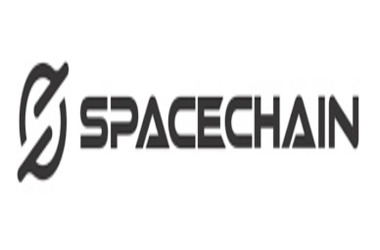
In this regard, the hardware wallet technology is being delivered by a SpaceX Falcon9 rocket as a portion of the CRS-19 commercial resupply service program.
The initiative is the first tech display of blockchain hardware on the ISS, and SpaceChain’s third blockchain payload in the past two years.
With the commercial assistance from space firm Nanoracks, which offers the Station, the technology will be deployed on the commercial platform.
The program was conducted to illustrate the validation, receipt and retransmission of blockchain powered trades, resulting in multi-signature trades.
The company believes that “by adding space-based payloads to established networks, businesses will be able to enhance the security of the transmission of digital assets that can be vulnerable to cyberattacks and hacking when hosted exclusively in centralized terrestrial servers.”
SpaceChain, through an email to Cointelegraph, has affirmed that it is anticipating the payload to be delivered to ISS tomorrow.
Once that is completed, the firm will start trialing a series of apps, including multi-sig validation of crypto trades via the payload. SpaceChain additionally elaborated as follows:
“This will be specifically for Bitcoin, however we are planning for this to be extended to other blockchains in the near future as part of our expected roadmap that will see several new launches over the next 18 months. The technology tested on the ISS will be applicable to crypto exchanges, wallets and custodial services that benefit from additional security to their transaction validation process, and we are already working with some of these stakeholders to implement this type of use-case.”
For the creation of multi-signature wallet on a commercial basis, SpaceChain was funded to the tune of roughly $66,400 from the European Space Agency, in mid-September. At that time, the company claimed that the tool is structured to improve transaction security by necessitating signature from two of three private keys for completion of the transaction.
Of the three signatures, one of them is provided by a node functioning in the satellite. In case of connectivity issues, the two ground-based nodes can be utilized to finish the dealing.
Earlier in January, blockchain focused firm Blockstream disclosed its intention to roll out beta version of its Blockstream Satellite API, structured to assist developers transmit info via the company’s satellite network.
Blockstream’s Bitcoin (BTC) space endeavor intends to free up the crypto network from relying on land based internet facility and thereby boost its strength.